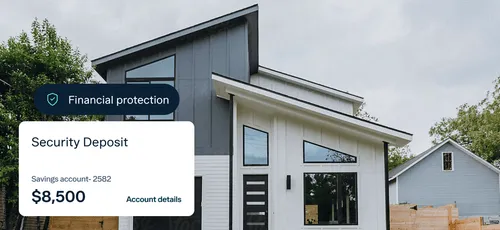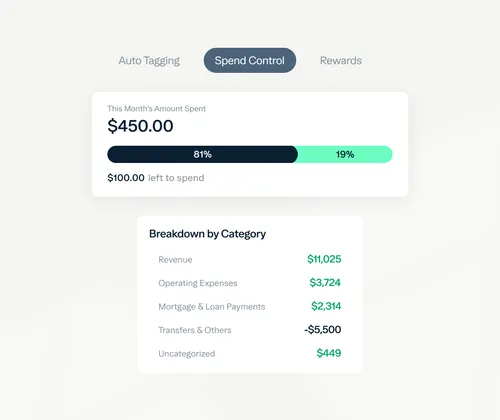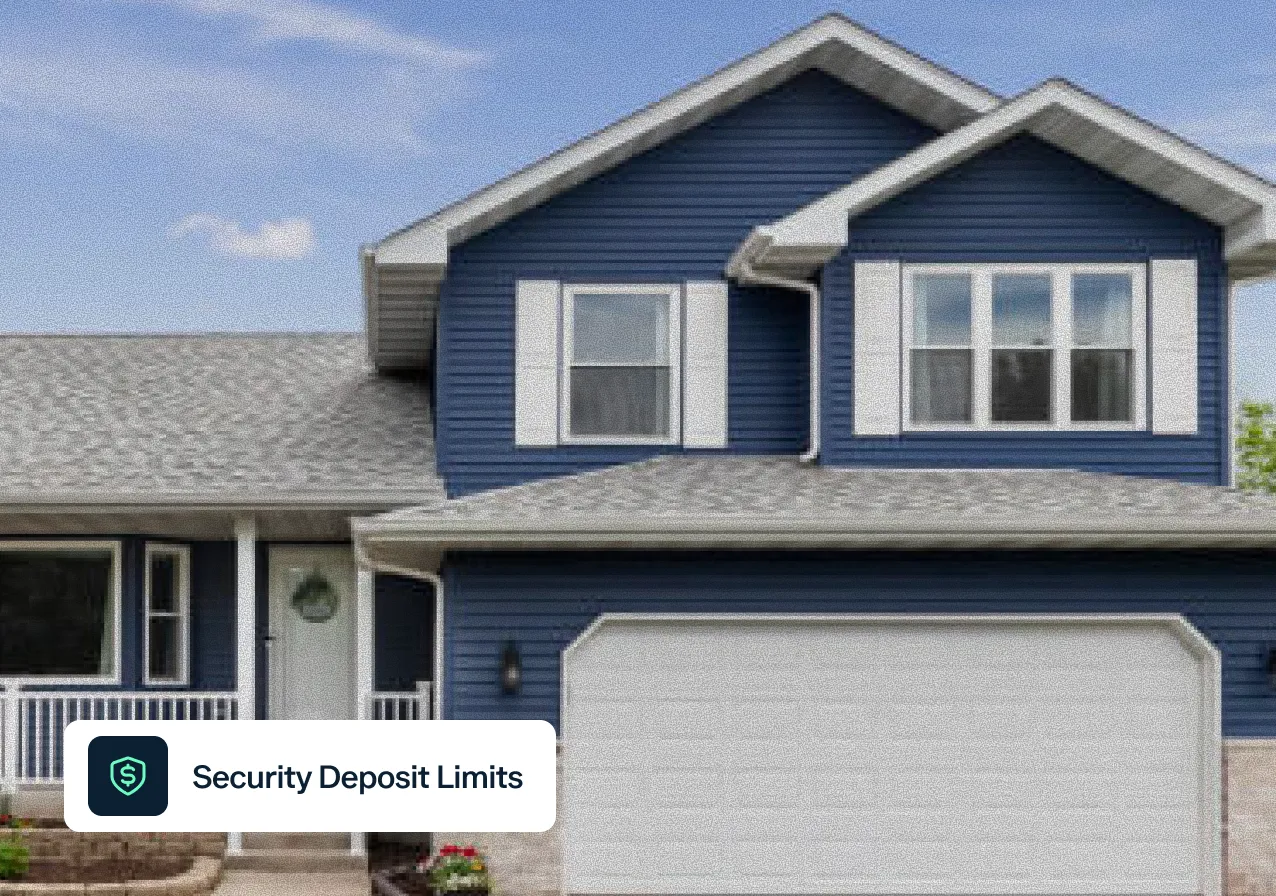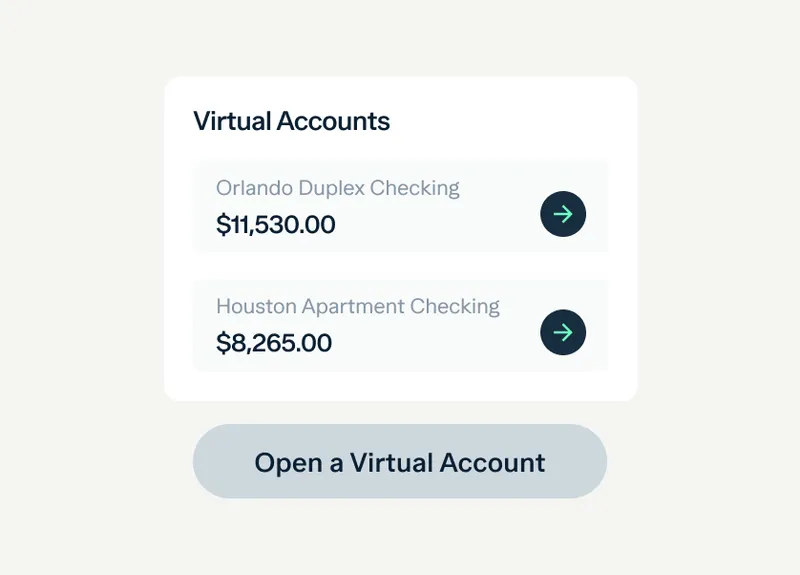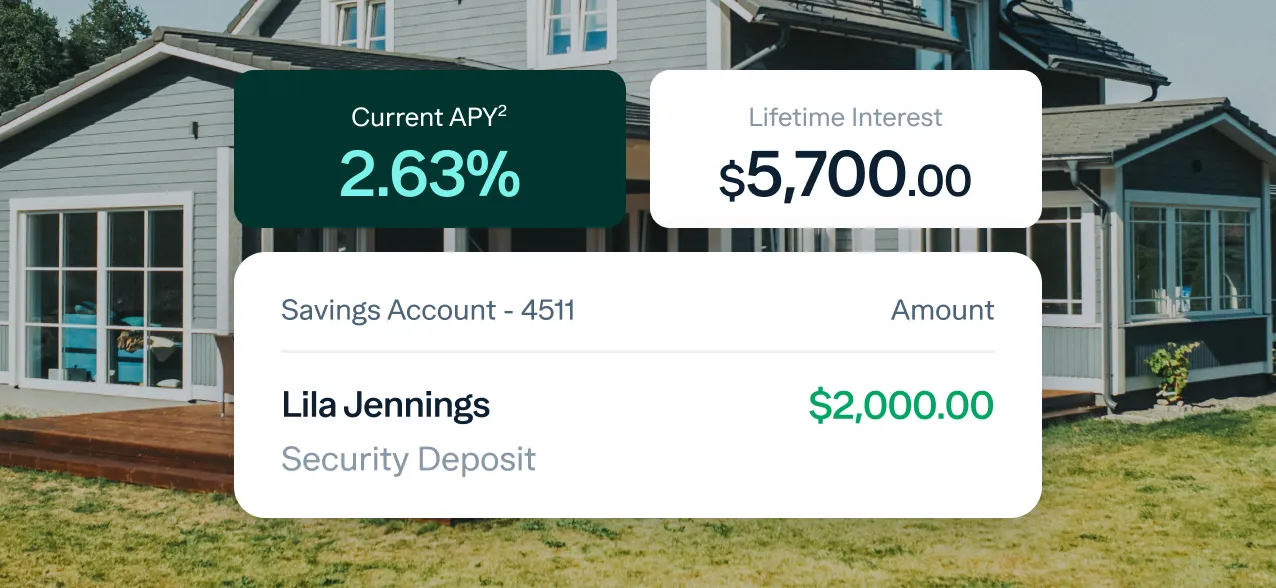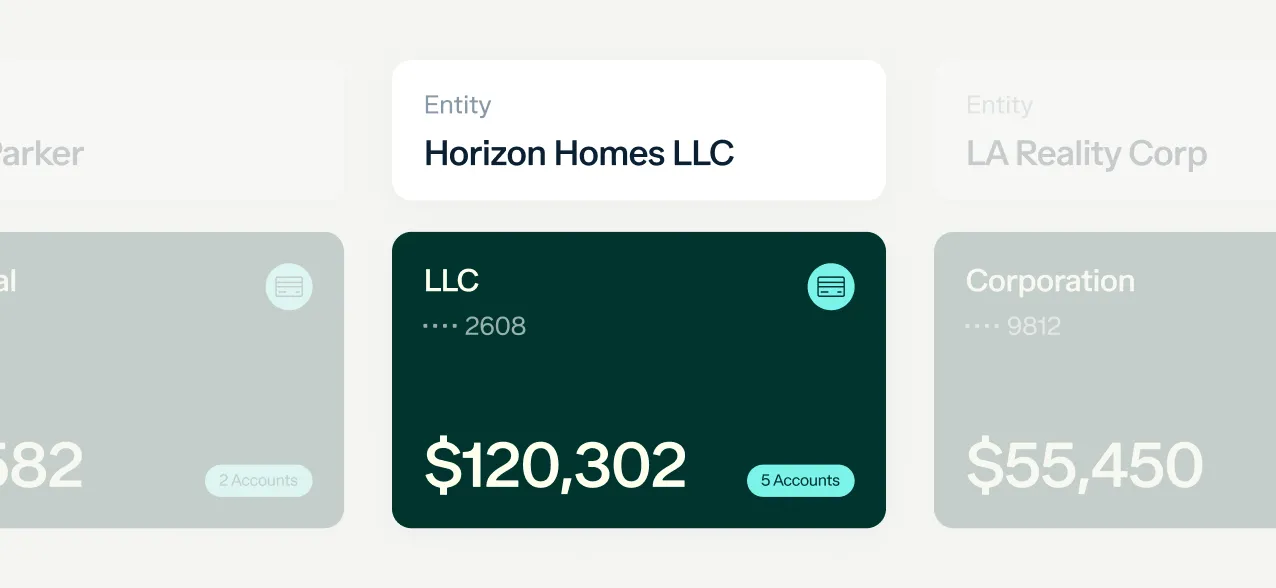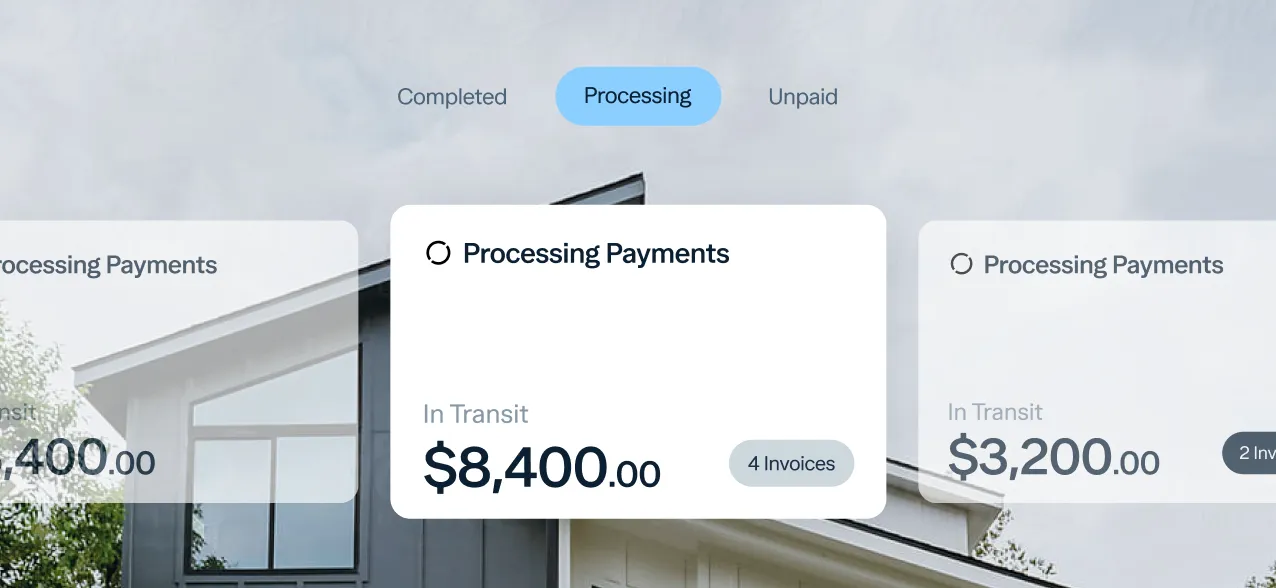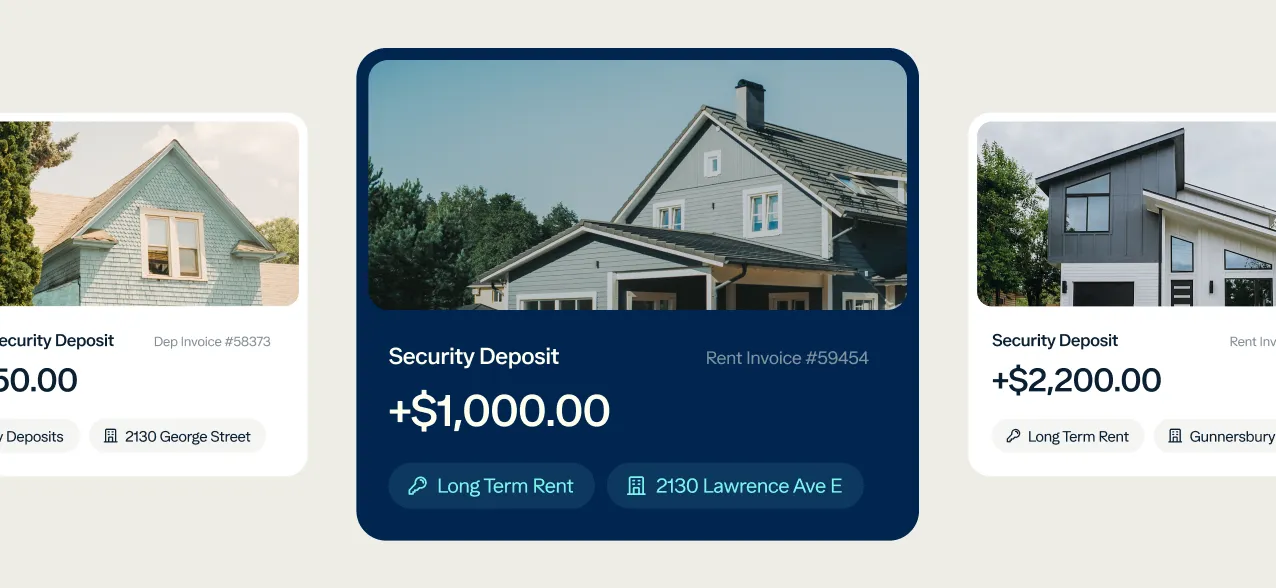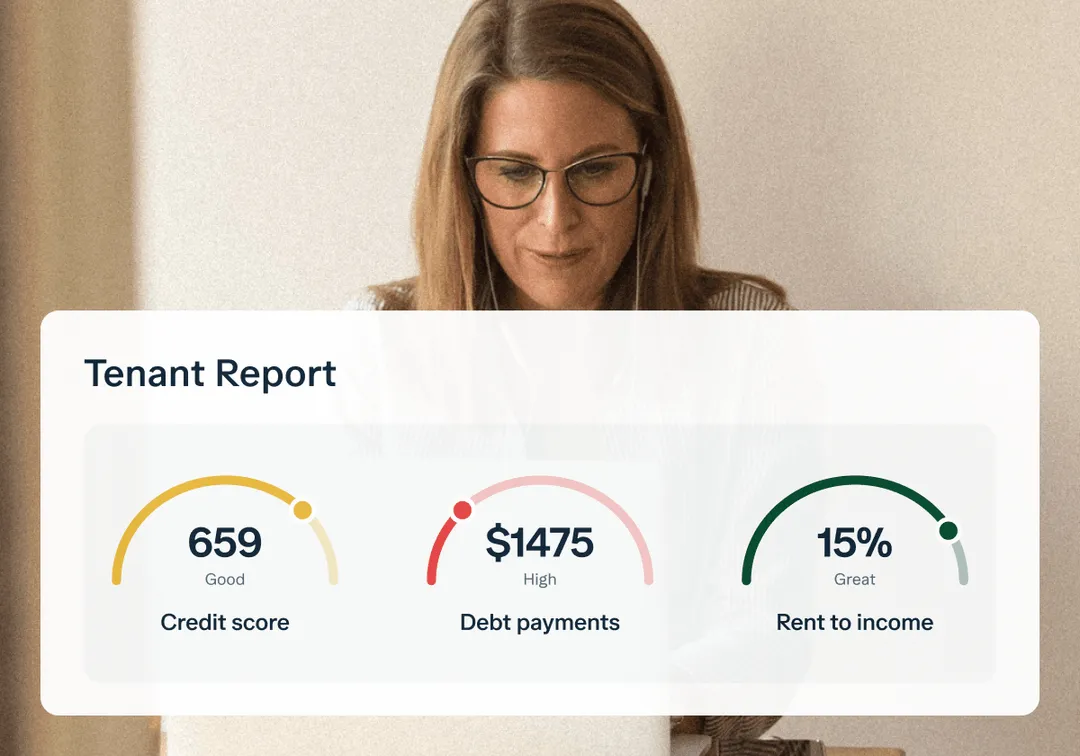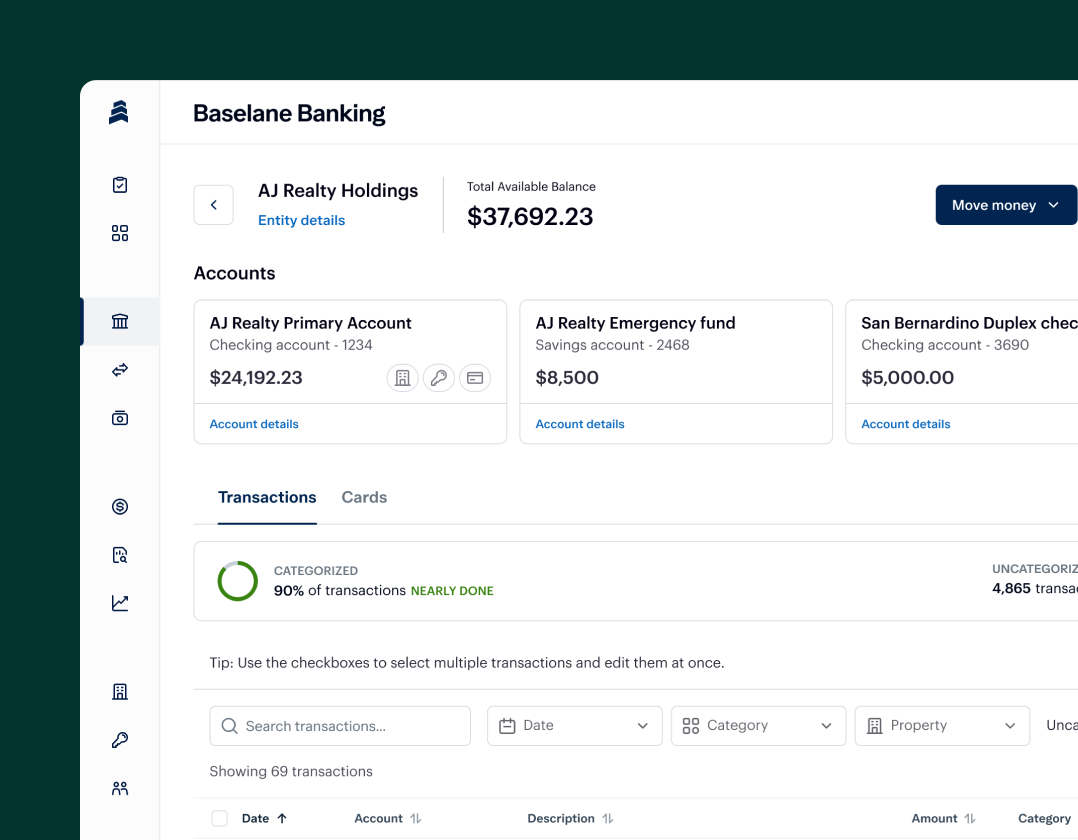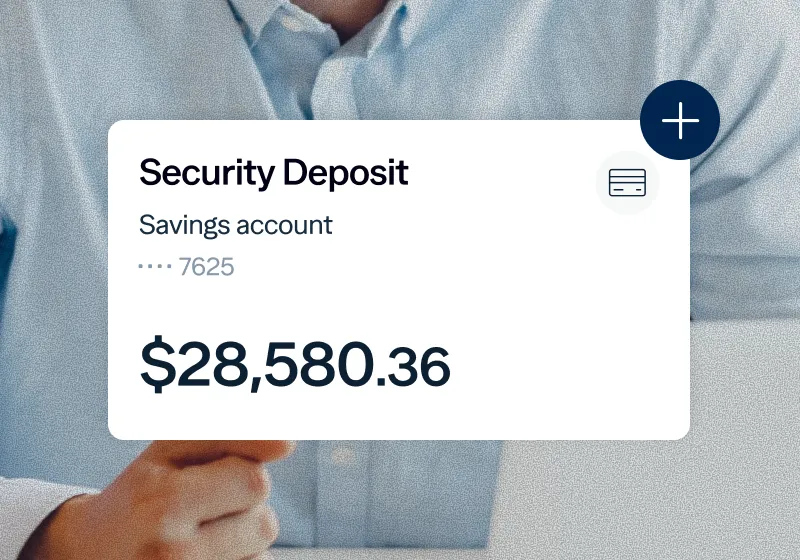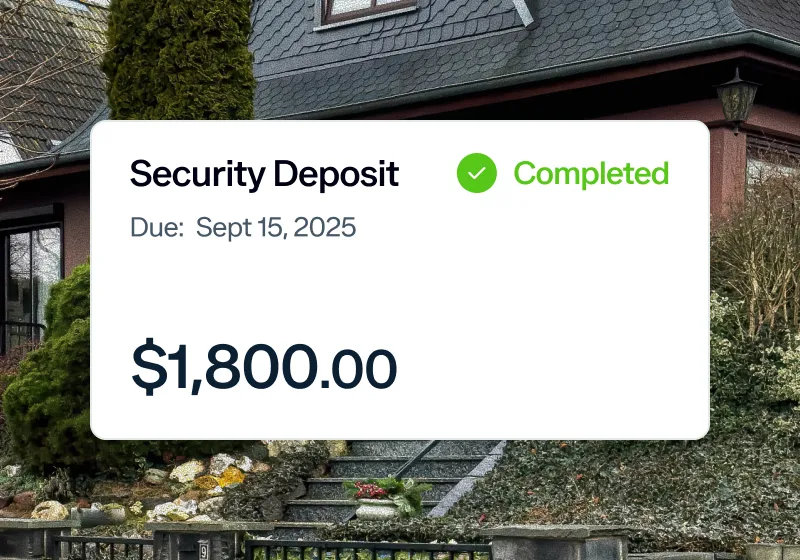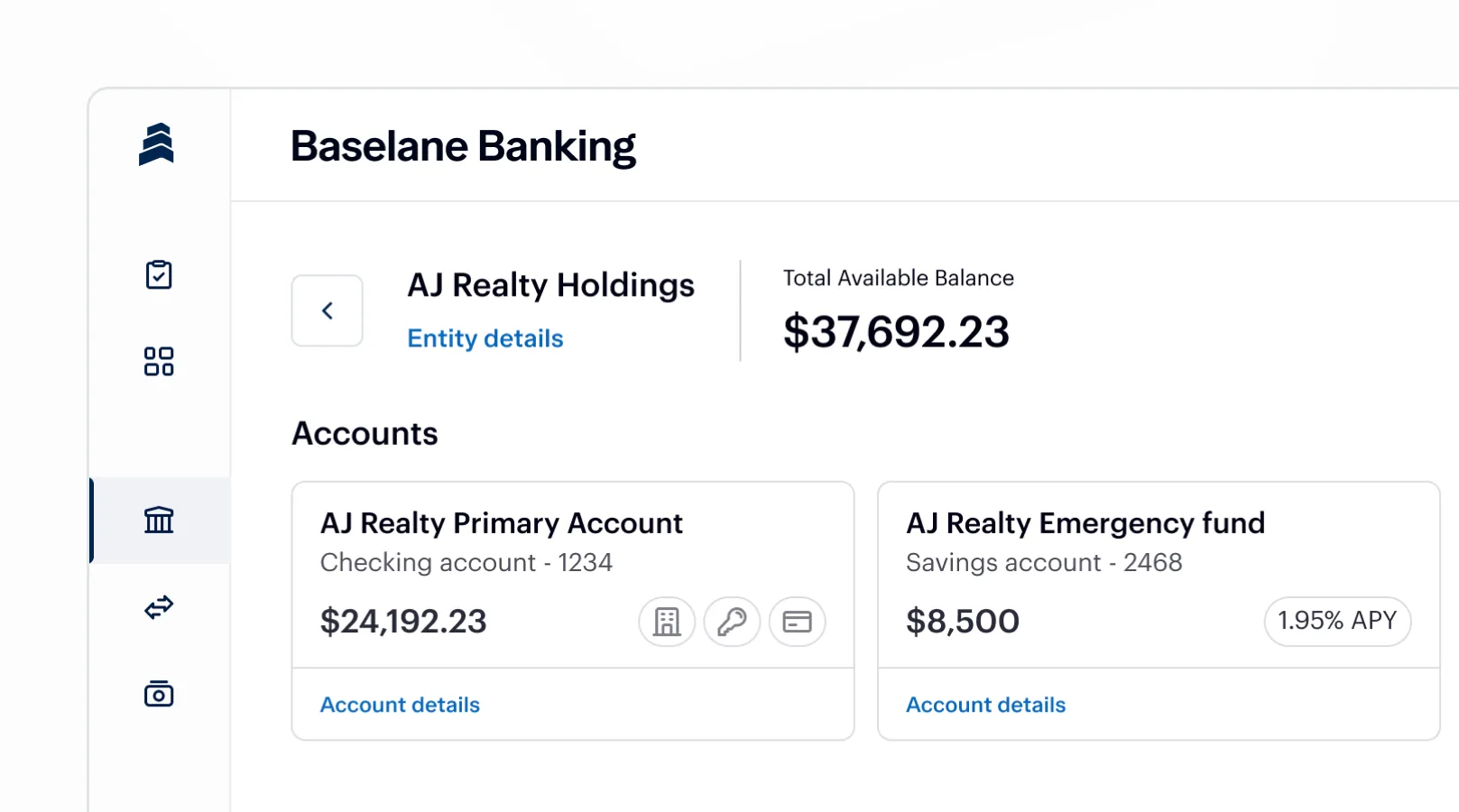Delaware landlords can charge up to one month’s rent as a security deposit for leases of one year or more. For shorter-term leases, there is no specific limit, but the amount must be reasonable. The deposit must be returned within 20 days after the tenant moves out, along with an itemized list of any deductions and any accrued interest for tenancies lasting more than one year.
Security deposit rules in {{ state }}
Limit: In Delaware, landlords may collect a tenant security deposit of up to one month’s rent for leases lasting one year or more. For month-to-month or shorter leases, there is no statutory limit, but the tenant deposit must be reasonable and disclosed in the lease. The amount collected should be managed responsibly in a security deposit bank account in Delaware to ensure compliance and accountability.
Return Deadline: The landlord must return the tenant security deposit, along with any accrued interest, within 20 days after the tenant vacates the rental property. If deductions are made, an itemized list of damages and charges must be provided. Failure to return the tenant deposit or provide the itemized statement within this period may result in the landlord forfeiting the right to withhold any portion of the deposit.
Acceptable Deductions: Landlords may deduct unpaid rent, late fees, damages beyond normal wear and tear, and reasonable cleaning or repair expenses necessary to restore the property to its original condition. Routine cleaning and normal wear cannot be deducted. All deductions from the tenant security deposit must be supported by documentation.
Where to Deposit: Delaware law requires landlords to hold all tenant deposits in a separate, federally insured escrow account at a bank located within the state. The funds must not be commingled with the landlord’s personal or operating accounts. The landlord must notify the tenant in writing of the bank’s name and address within 20 days of receiving the deposit. The security deposit escrow account in Delaware must also earn interest, with the applicable security deposit interest rate determined by the bank. Using a landlord tenant security deposit bank account in Delaware ensures compliance with state law and protects both parties’ funds.

